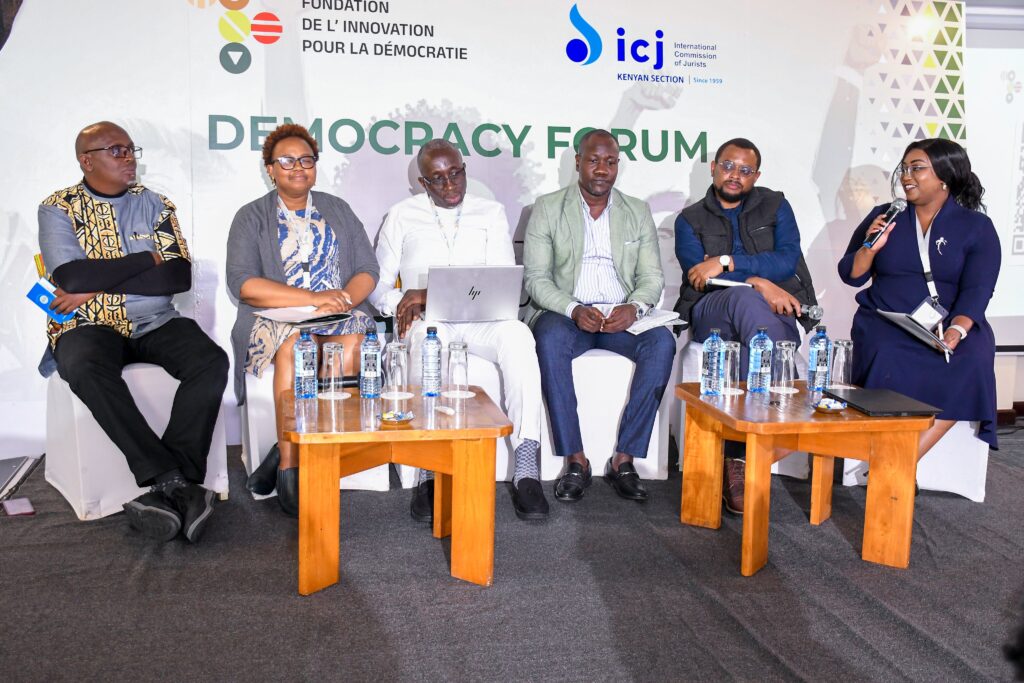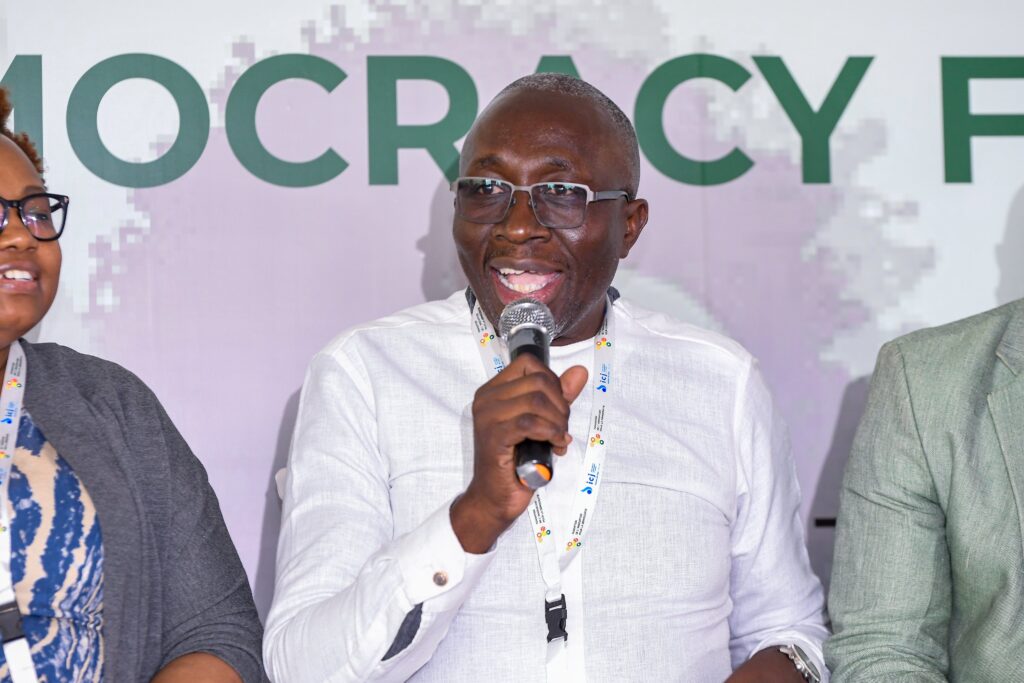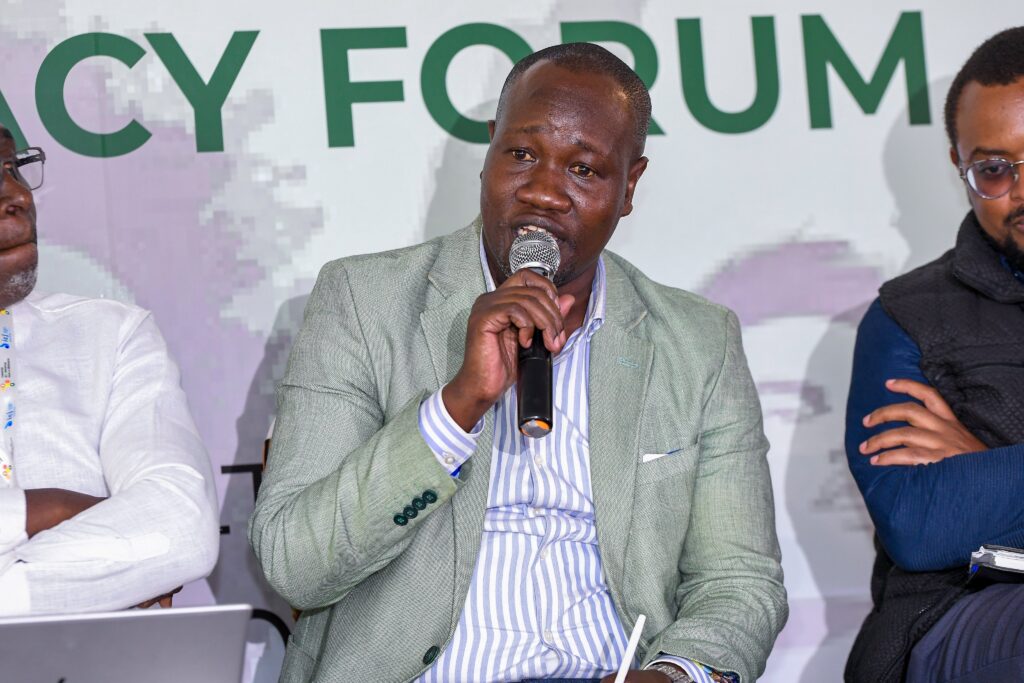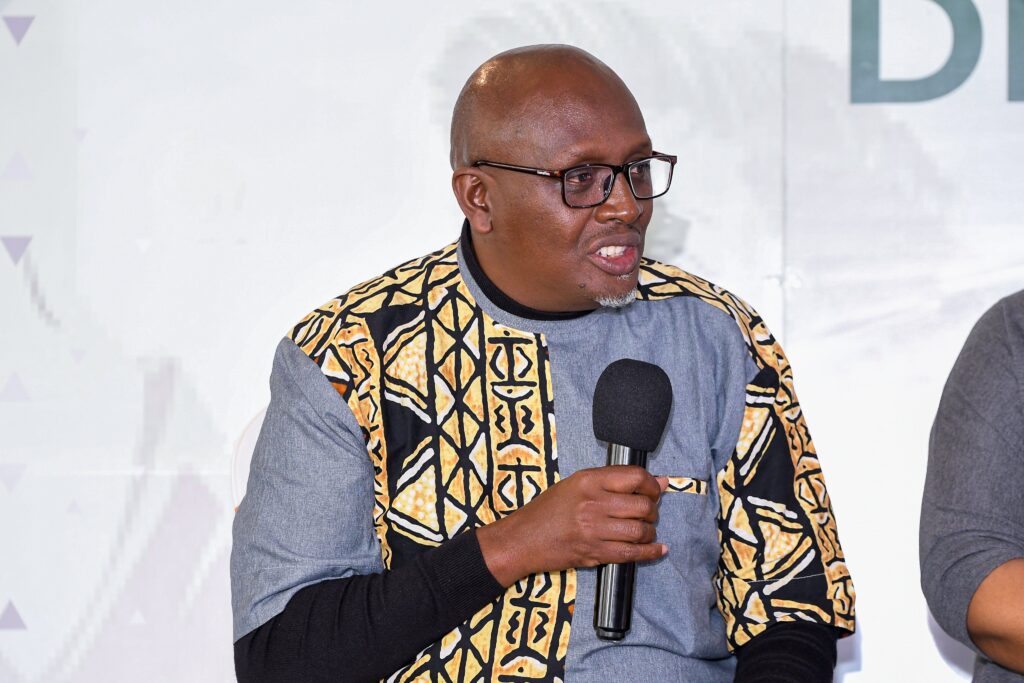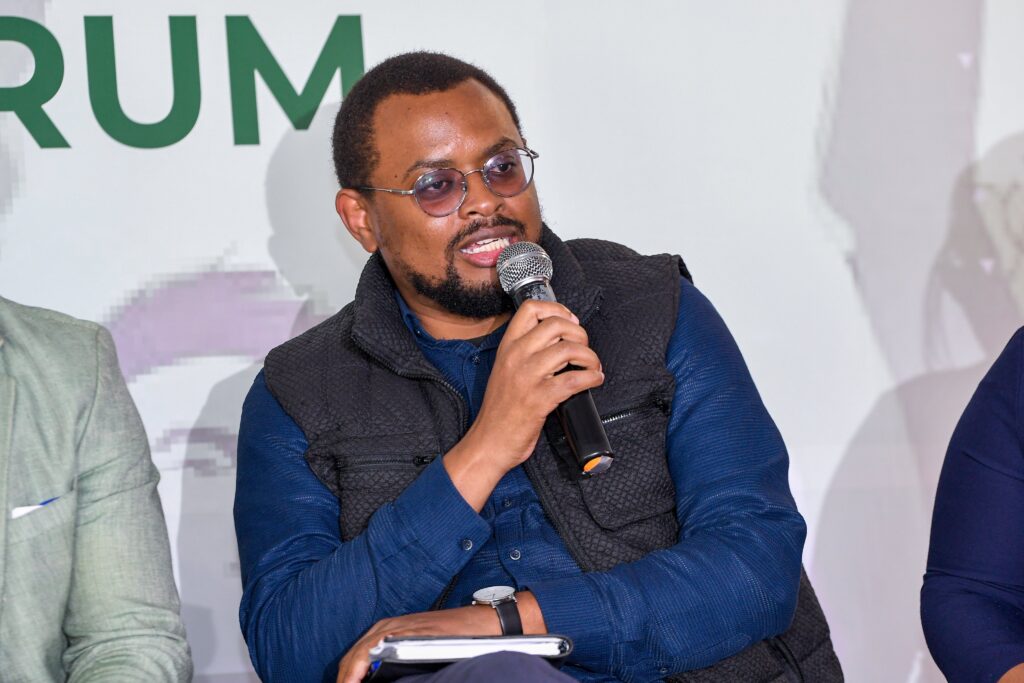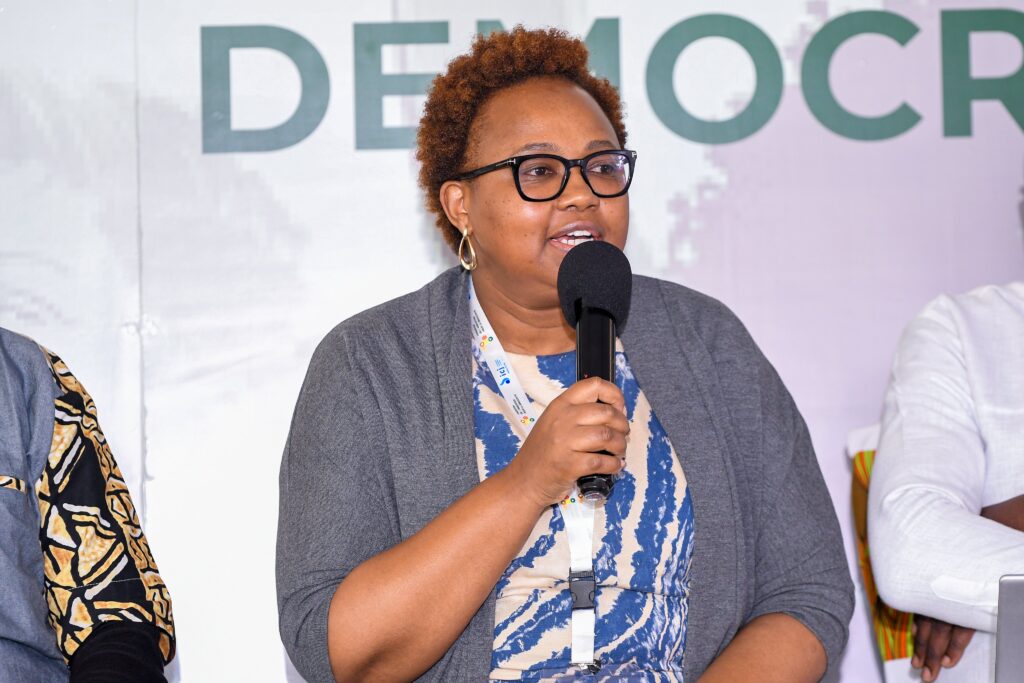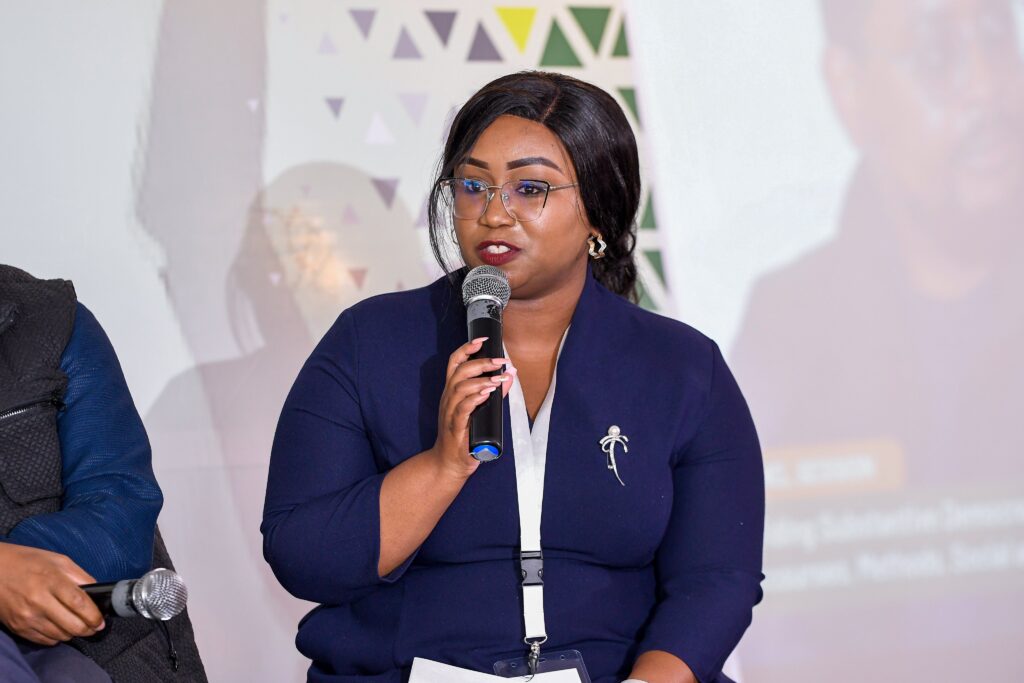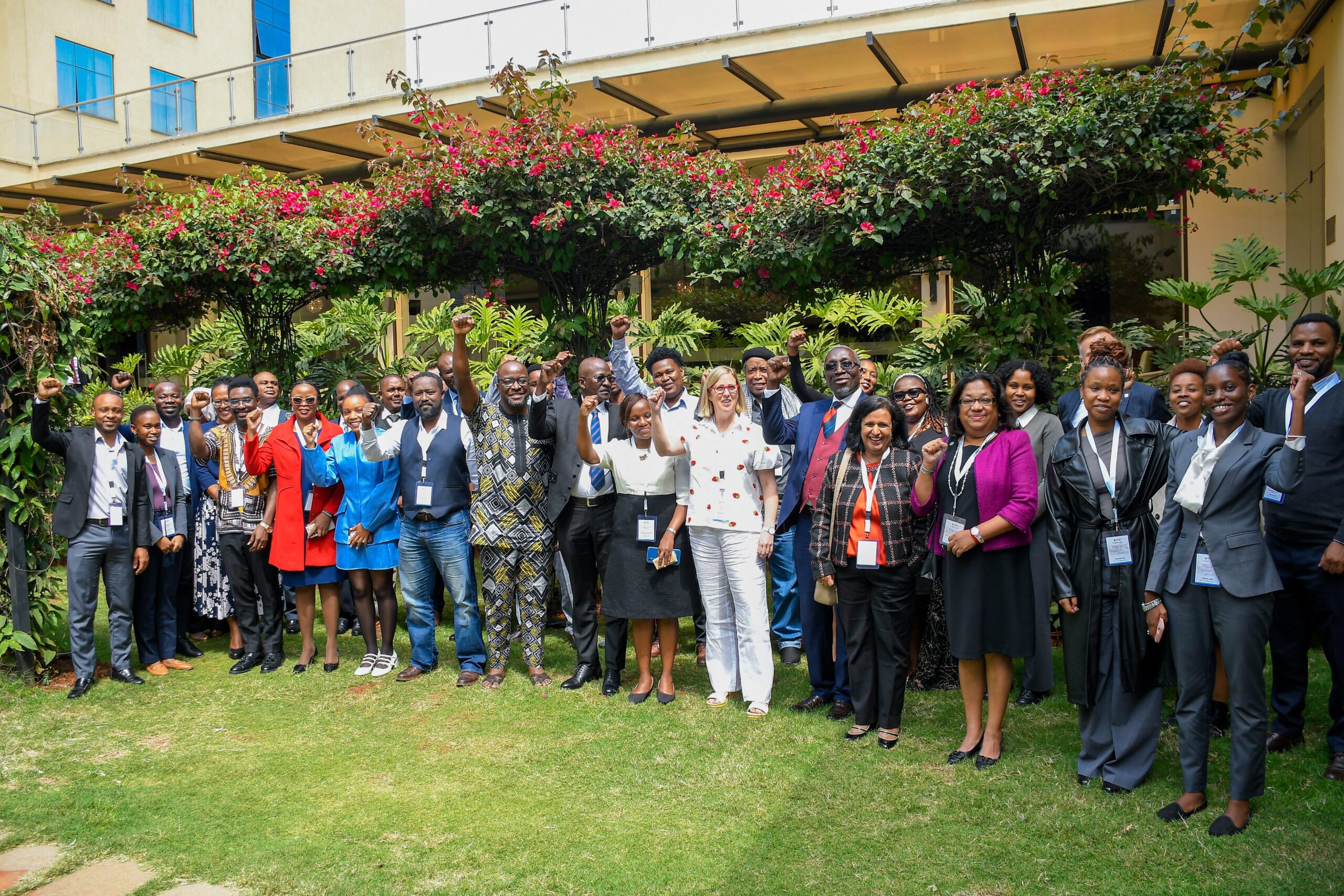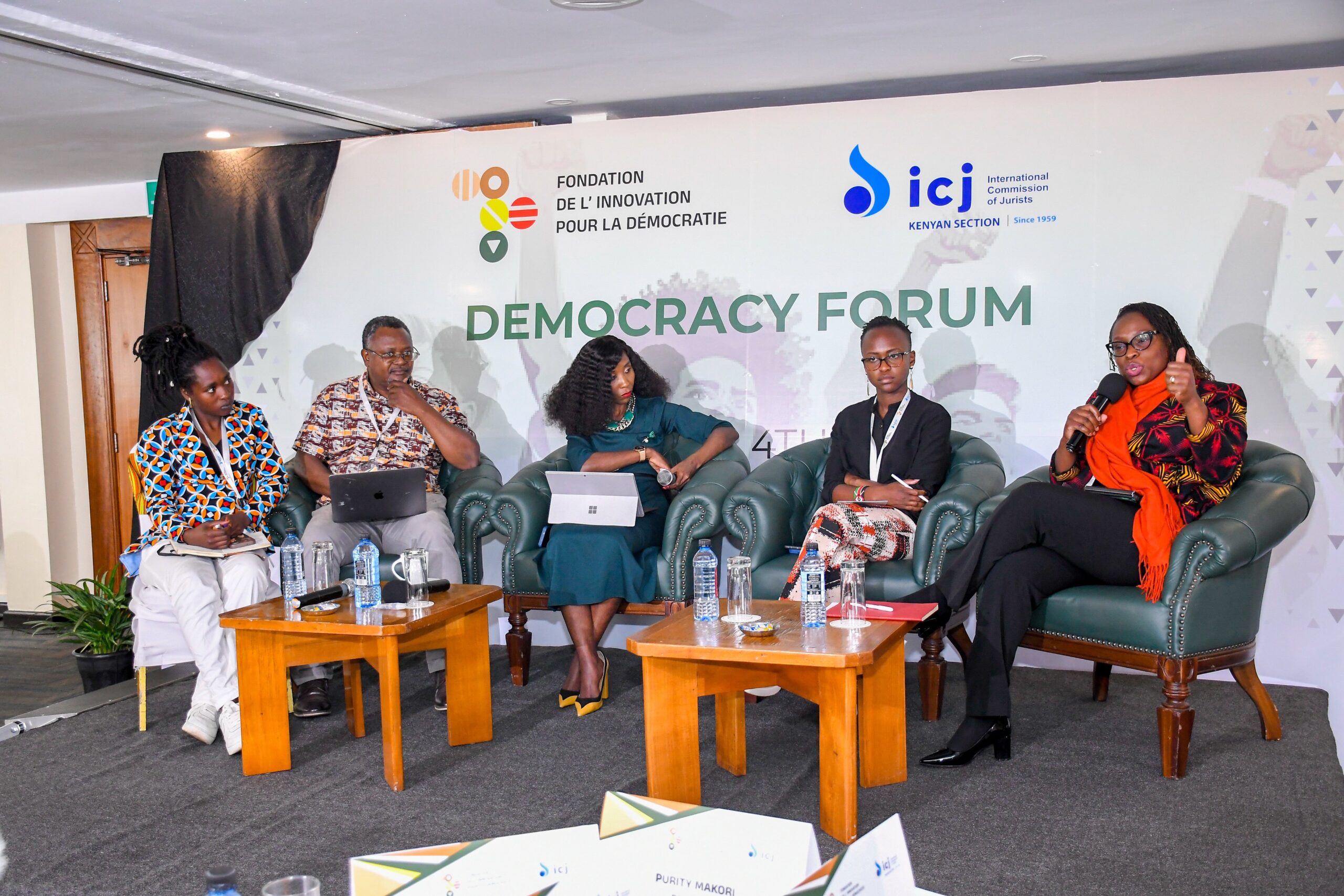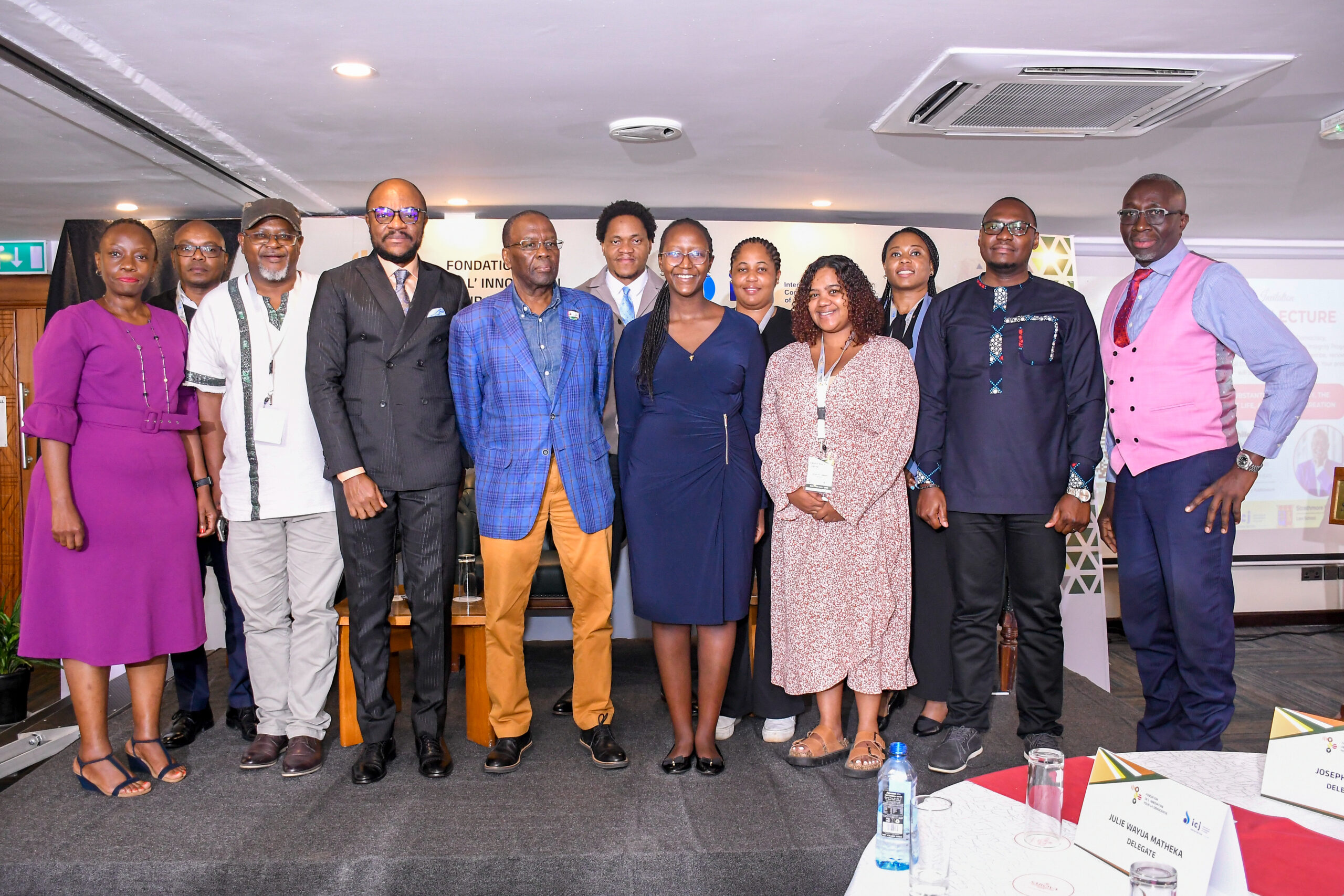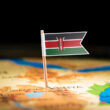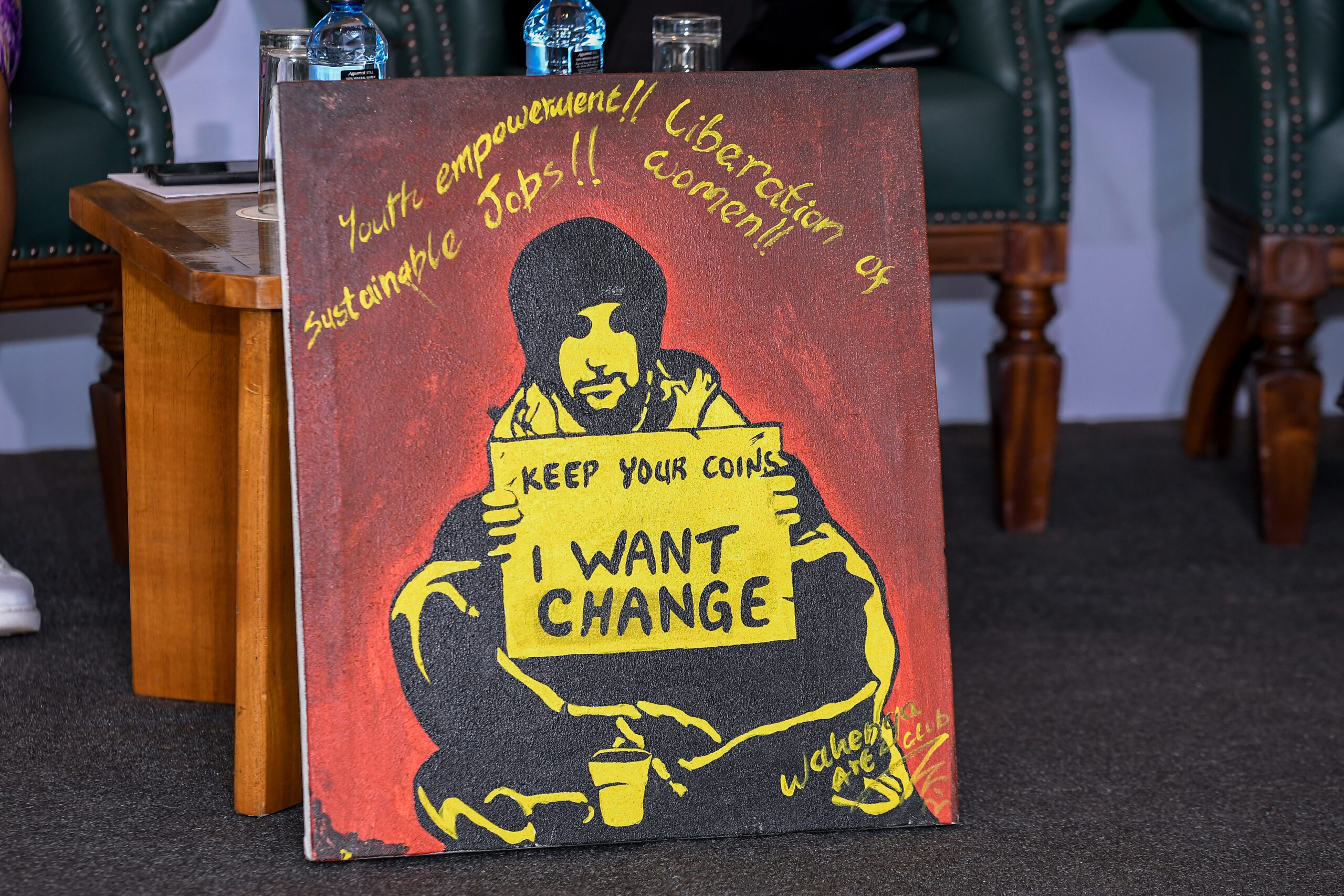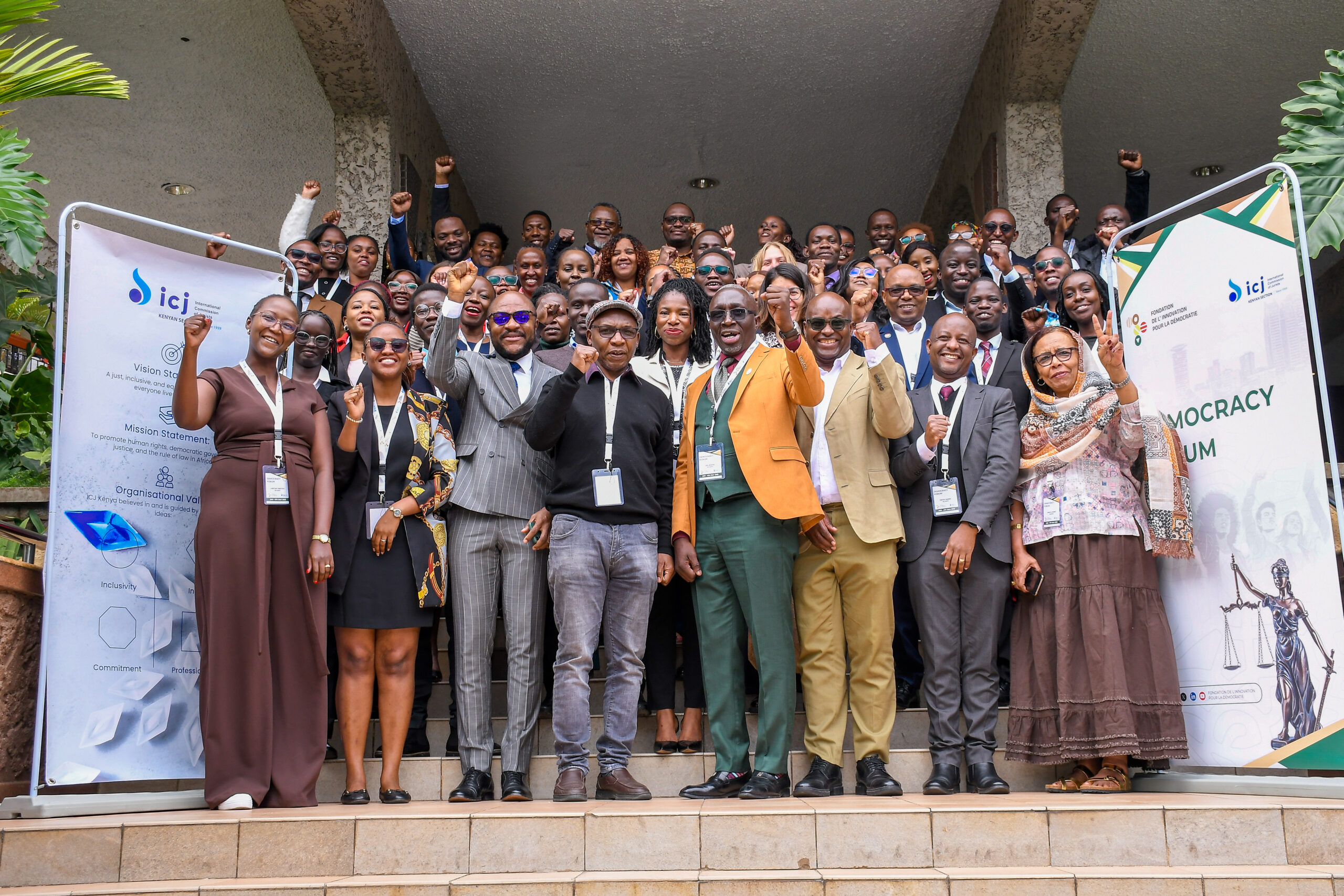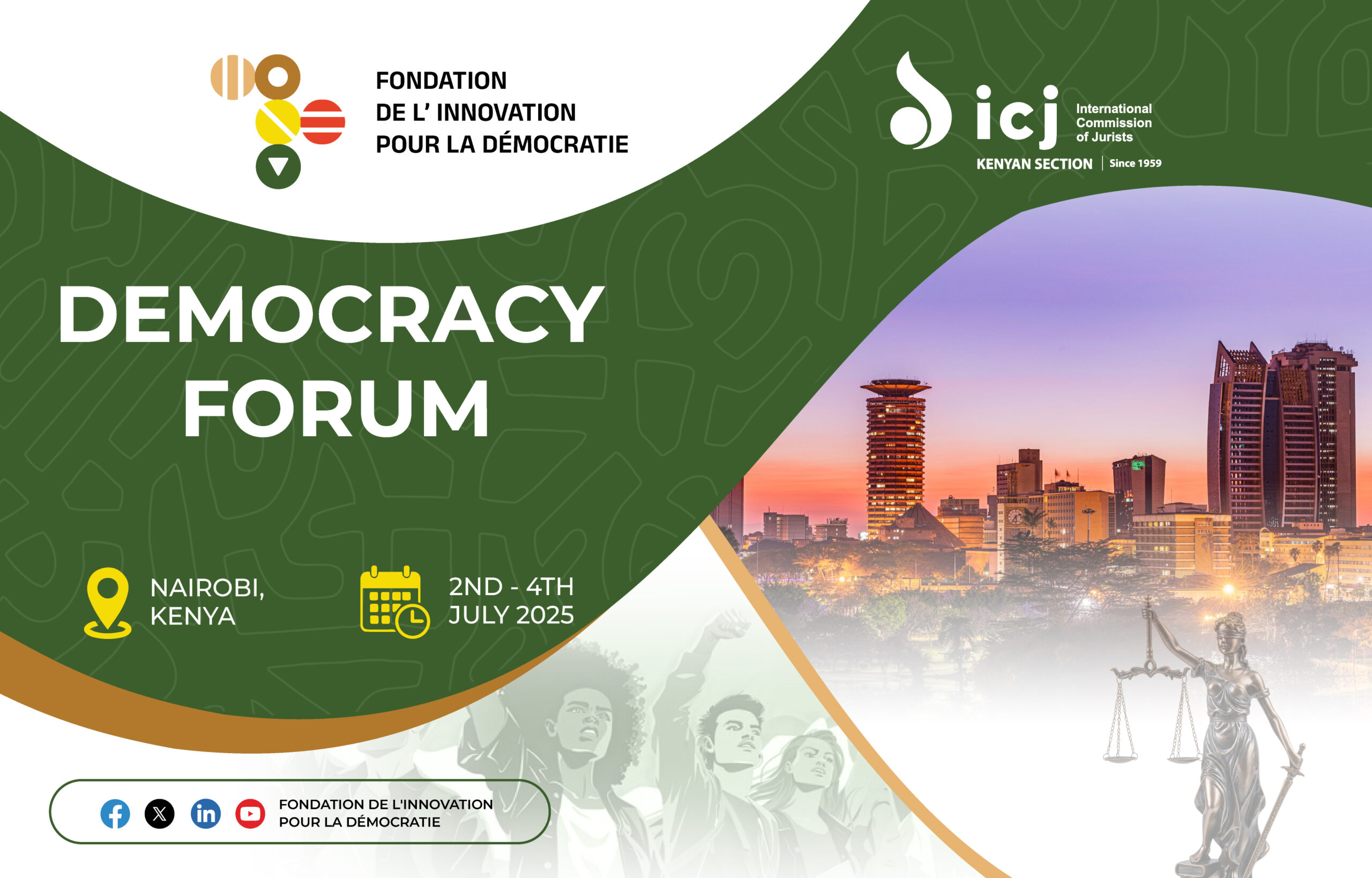Nairobi, Kenya – The third day of the Democracy Forum 2025 closed on a high note, with vibrant, thought-provoking sessions that explored the evolving role of youth in politics, the importance of intergenerational dialogue, and pathways to building substantive democracy in East Africa.
Hosted by the International Commission of Jurists – Kenyan Section (ICJ Kenya) in partnership with the Innovation Foundation for Democracy and other collaborators, the forum continues to draw regional and international actors committed to reimagining democratic governance in the region.
Youth and Political Evolution: Toward a New Social Class?
The first session of the day tackled the timely question of youth engagement in Kenyan politics through the lens of social class and structural change. Titled “Youth and Political Evolution in Kenya: Toward a Social Class?”, the roundtable was moderated by Dr. Sylvain Racaud, Director of IFRA-Nairobi.
The panel featured prominent scholars and activists including Prof. Marie-Emmanuelle Pommerolle (University Paris 1), Minoo Kyaa (Mukuru Social Justice Center), Cynthia Wangui (Millennial Digital), Mwongela Monaja (Artist, Activist and ORA-Africa Fellow), and Geoffrey Lugano (Rift Valley Institute). Together, they reflected on how young people, often politically active but economically marginalized are carving out a collective political identity and pushing for systemic transformation.
“There is a growing consciousness among Kenyan youth, not just as voters, but as agents of structural change,” noted Prof. Pommerolle. “They are no longer satisfied with surface-level inclusion.”
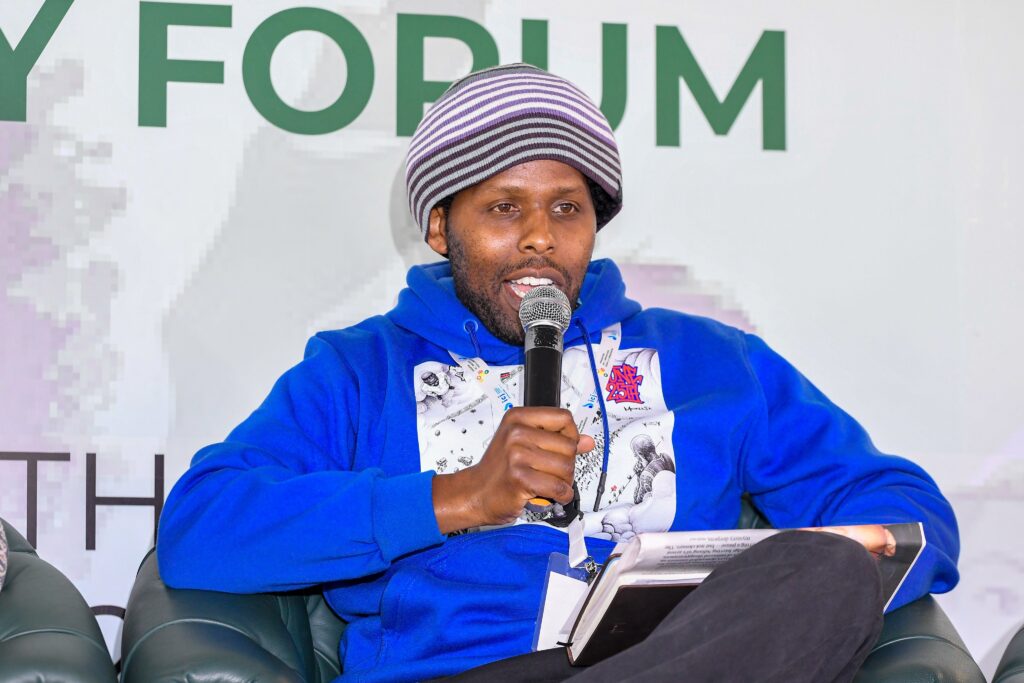
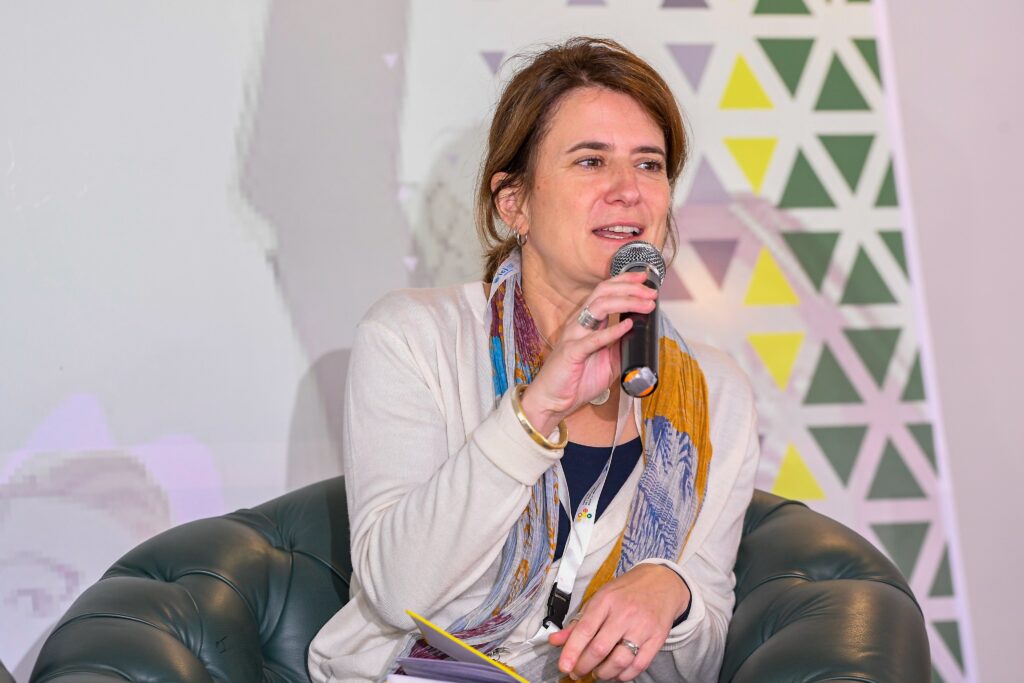
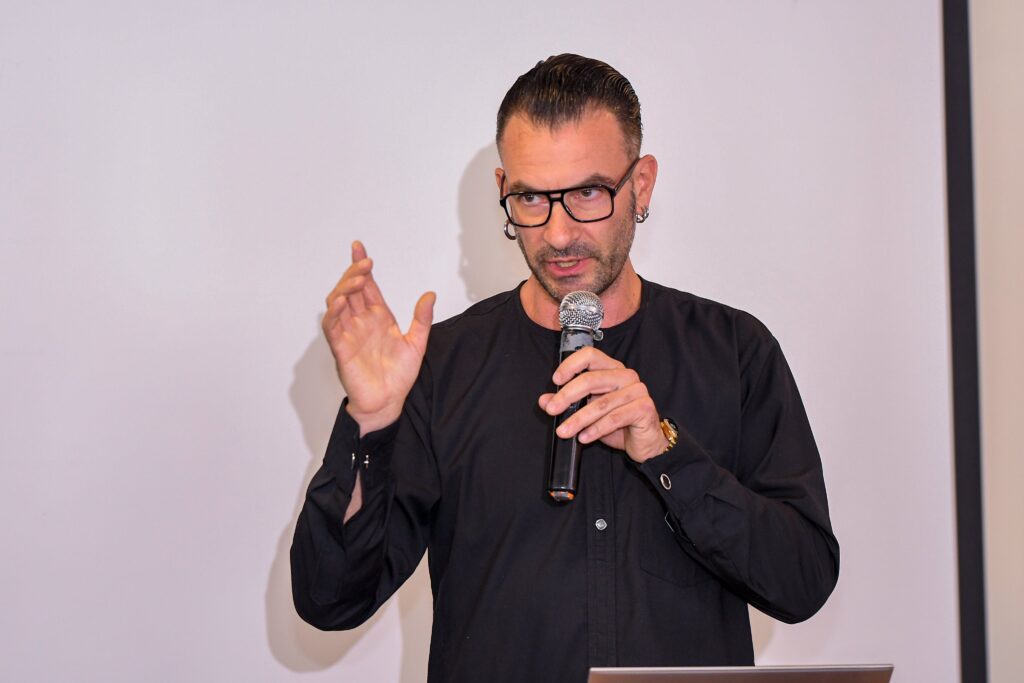
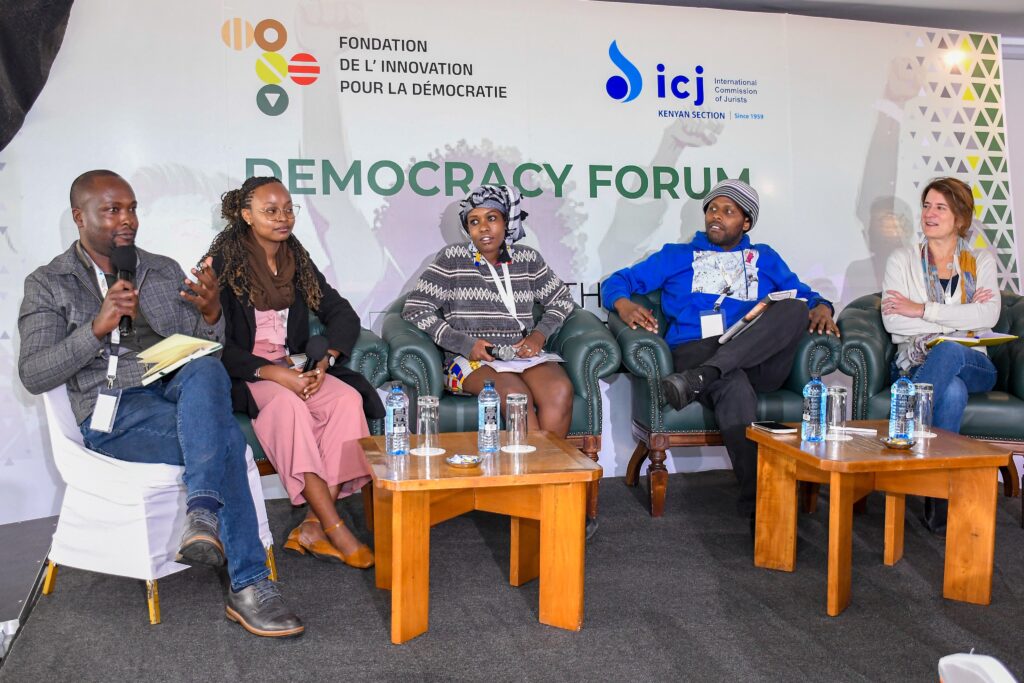
Intergenerational Baraza: Building Democracy Across Time
The second session, titled “Intergenerational Baraza: Building East Africa’s Democracy for Today and Tomorrow”, brought together seasoned experts and young leaders to foster dialogue between generations. Lucianna Thuo, a distinguished legal scholar and expert in election law, moderated the session.
Panelists included Nerima Wako-Ojiwa (Executive Director, Siasa Place), Arnold Tsunga (African Judges & Jurists Forum), and Tina Alai (Transitional Justice Advisor, Commission on Human Rights in South Sudan & Vice Chairperson, ICJ Kenya). The discussion emphasized the need to merge wisdom and experience with fresh ideas and energy.
“Democracy is a continuum,” said Alai. “We need to honour the past, respond to the present, and shape the future together.”
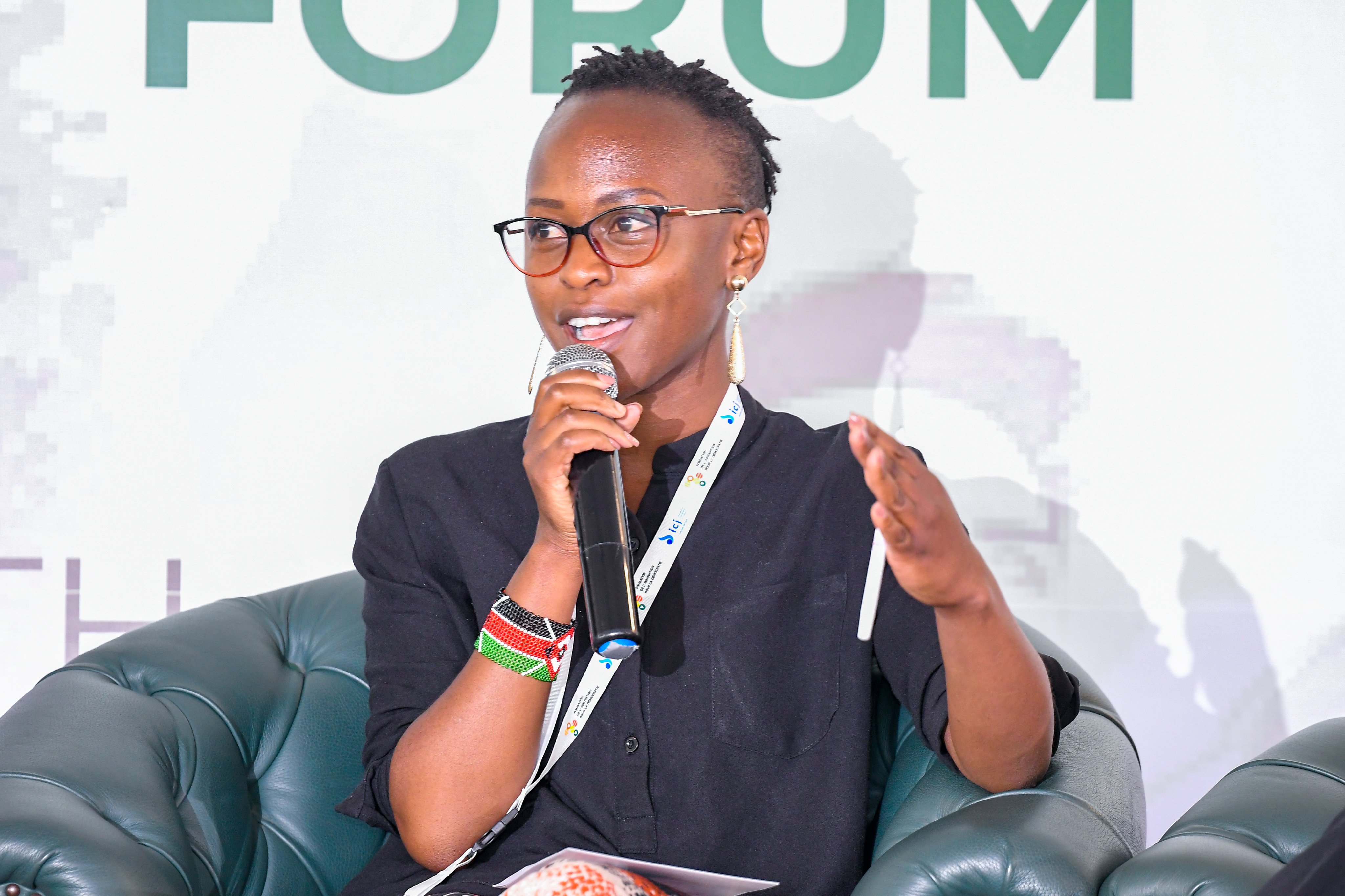
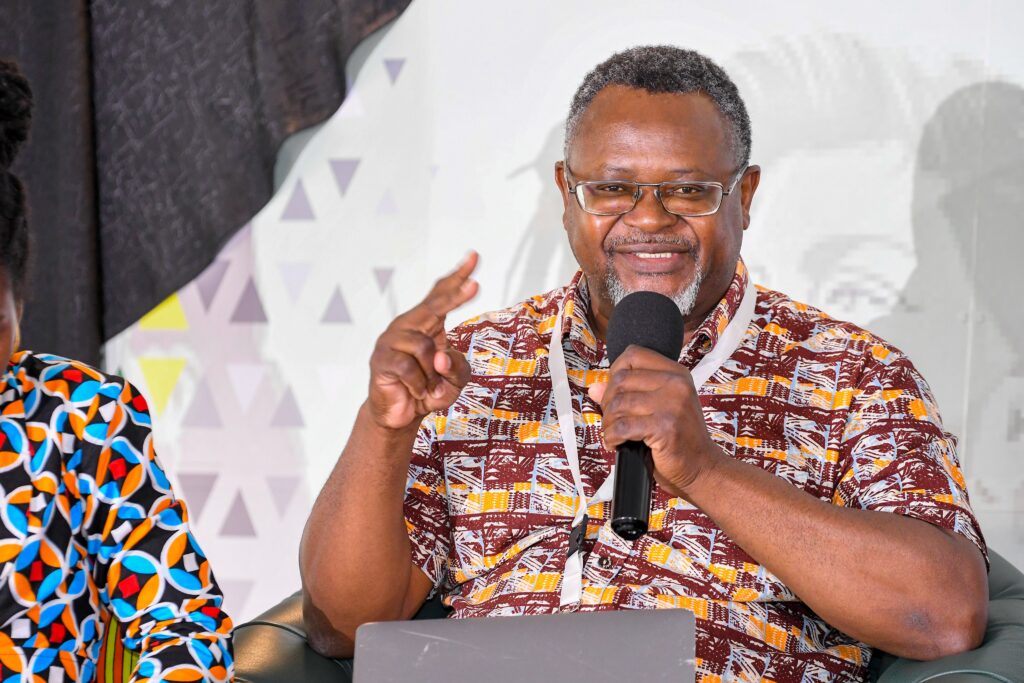
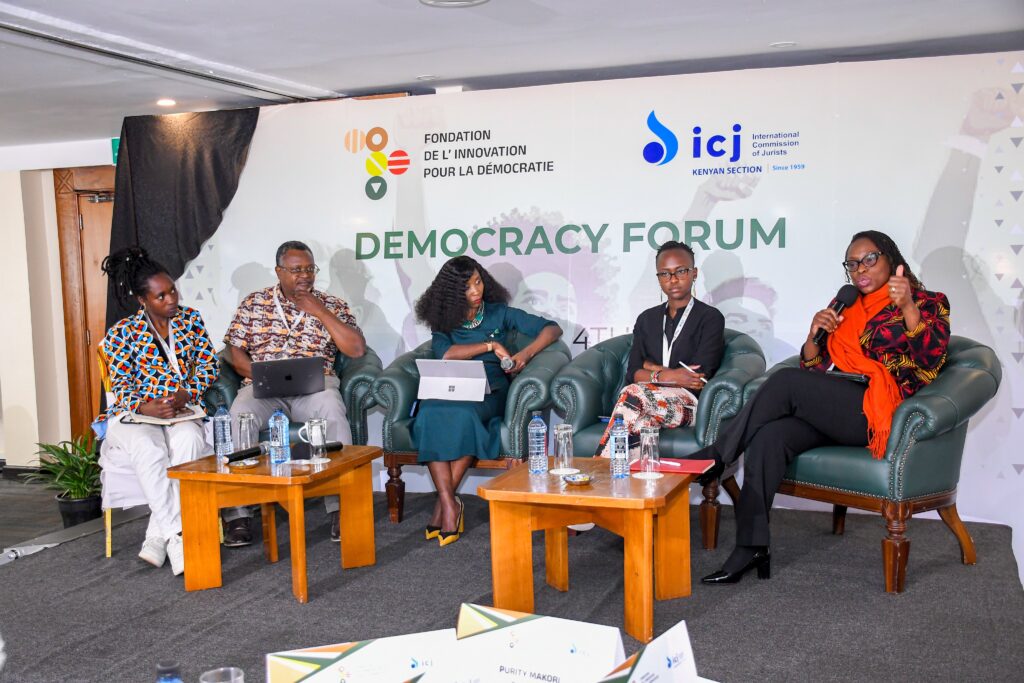
Building Substantive Democracy: Moving Beyond Elections
In the day’s final session, the forum turned its focus to the deeper meaning of democracy. Under the theme “Building Substantive Democracy in East Africa: Routes, Discourses, Methods, Social and Political Practices”, the session explored what it takes to build governance systems rooted in justice, inclusion, and long-term accountability.
Julie Wayua Matheka, Programme Manager at ICJ Kenya, moderated the panel featuring Eric Mukoya (Executive Director, ICJ Kenya), Lynette Micheni (Ford Foundation), Mulle Musau (ELOG), Bon Olwa (ELGIA), and Isaac Mtemi (Political Mobilizer).
Speakers agreed that democracy cannot be reduced to periodic elections. “Substantive democracy is about rights, transparency, and participation beyond the ballot box,” said Mukoya.
The session called for innovative strategies and grassroots-led movements to counter authoritarian tendencies and ensure democracy delivers for all.
As the forum enters its final day, participants remain energized and committed to crafting people-centered democratic futures for East Africa and beyond. The conversations held on Day 3 reinforced that democracy is not just a destination,but a daily, collective practice.
